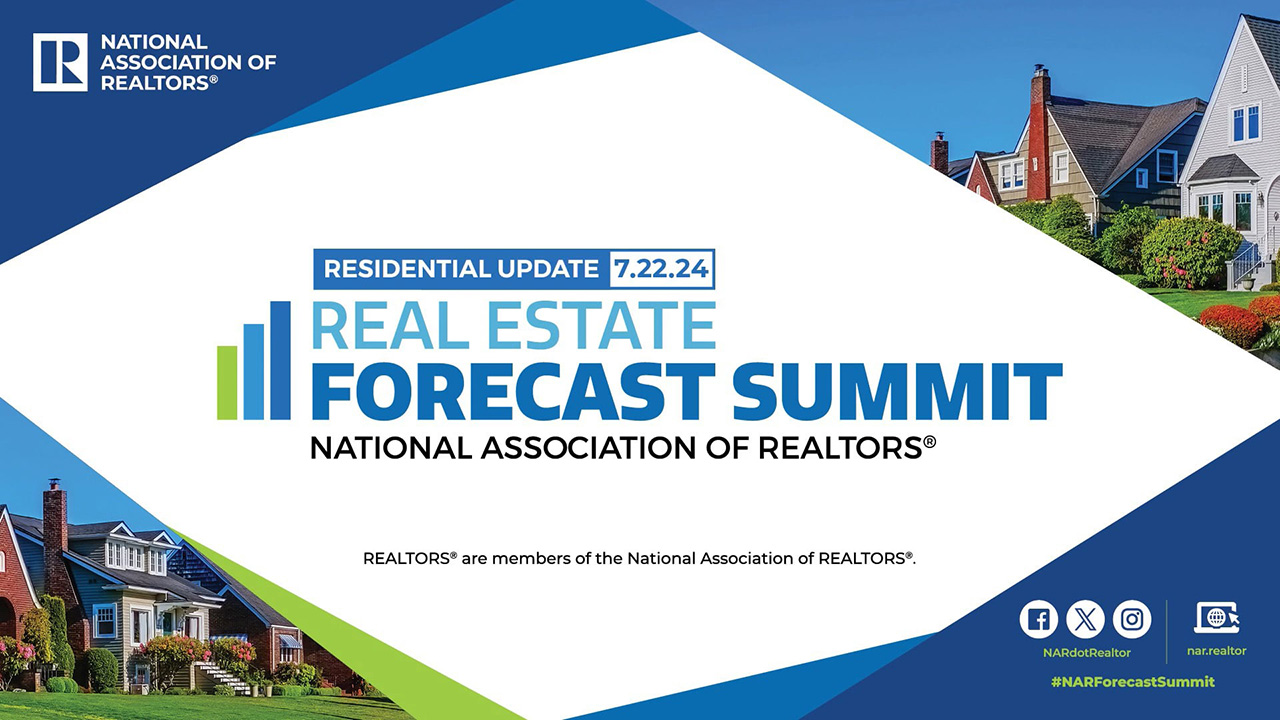NAR General Counsel Katie Johnson discusses “Hot Topics in Risk Management.”
Transcript
What legal risks are real estate professionals facing today and how can they reduce their liability? I’m Katie Johnson, General Counsel of the National Association of REALTORS®. In this video, I’ll highlight several hot risks and direct you to helpful resources from NAR.
First up, wire fraud. According to FBI statistics, wire fraud scams targeting the real estate sector are on the rise. From 2015 to 2017, there was over a one thousand one hundred percent rise in the number of wire fraud victims in real estate transactions and an almost two thousand two hundred percent rise in the reported monetary loss due to these wire fraud scams. Buyers and sellers across the nation have been targeted, so please take note and take action. Begin by alerting all clients about the potential for them to encounter this fraud. Don’t send wire instructions via email. Use secure, dual-authenticated email and transaction management systems when sharing sensitive information. If you or a client are involved in an attempted fraud, contact the financial institution immediately as well as the local FBI field office. And check out NAR’s many videos, best practices, and other resources on how to reduce the chance of your client falling victim to a wire fraud.
Another hot risk? Copyright infringement. Do you know who owns the rights to your listing photographs? If you don’t know, then it’s probably not you. And if you don’t own broad rights to the photos, then you may be unwittingly infringing someone else’s copyright, which could be a very expensive mistake. Before hiring a photographer, check out the sample photographer agreements available on nar.realtor. If you’ve already hired a photographer, read your contract carefully to ensure that you’ve secured the necessary rights to distribute the photos to the MLS, portals, and other third party recipients. Be sure to check out NAR’s Window to the Law videos and other resources explaining best practices for managing your listing photos.
What does your state law require regarding classification of real estate agents as independent contractors or employees? If you don’t know, check out NAR’s White Paper Report that includes a list of each state’s regulations regarding independent contractor classification and explains the inherent conflict between common law and the traditional classification of real estate salespeople as independent contractors. That report and other helpful checklists and videos on nar.realtor will help you implement best practices for managing independent contractors and avoid being targeted in an attempted class action lawsuit for misclassification of workers.
Speaking of class action lawsuits, are you using text messages to reach potential clients, market properties, or recruit agents? If so, beware. Plaintiff lawyers have created a lucrative business model filing class action lawsuits alleging real estate companies have violated the Telephone Consumer Protection Act, or TCPA, by sending text messages without the recipient’s consent. The TCPA requires prior express written consent before using autodialing equipment to send telemarketing messages to wireless numbers. Because the TCPA defines autodialing equipment broadly, it is likely that all text messages sent by a business will fall under the TCPA. Prior express written consent requires a signed agreement clearly and conspicuously disclosing the text recipient’s permission to receive text messages from the sender. Check out NAR’s Window to the Law video on Texting and the TCPA to learn risk reduction tips for using this popular marketing tool.
And no discussion about risk in real estate would be complete without mentioning RESPA. RESPA, RESPA, RESPA! Section 8(a) of RESPA prohibits payment in exchange for referral of business for settlement service. In June, 2018, the D.C. Circuit Court reinstated the longstanding interpretation of RESPA’s safe harbor provision, 8(c)(2), that allows payments between settlement service providers provided that the payment is for goods and services actually provided and reasonably related to the fair market value of the goods or services provided. This decision re-energized the use of marketing service agreements, or MSAs in the real estate industry. If you or your agents are contemplating an MSA, please check out NAR’s Dos and Don’ts and consult with local legal counsel.
The NAR Legal team is dedicated to empowering all members with the information they need to be successful in their businesses. In addition to all the resources available on nar.realtor, we address all of these topics and many more in our book, Real Estate Brokerage Essentials, Navigating Legal Risks and Managing a Successful Brokerage. It’s available from the REALTOR® store.
Thanks for watching.































































